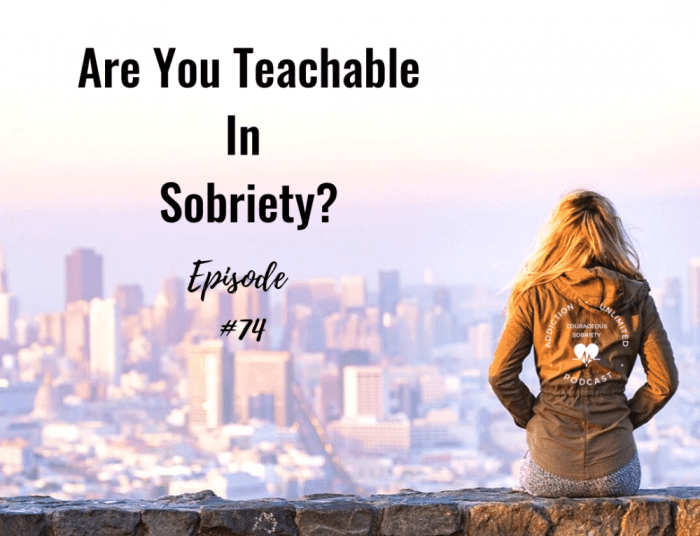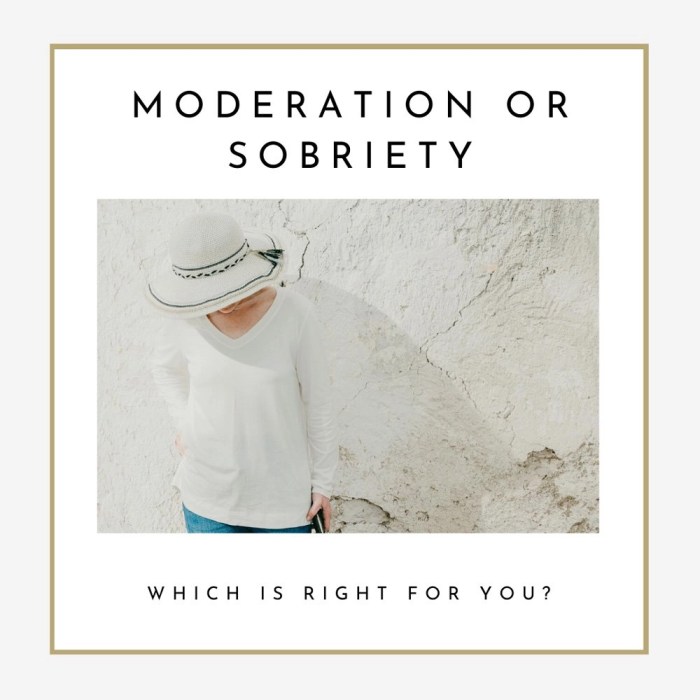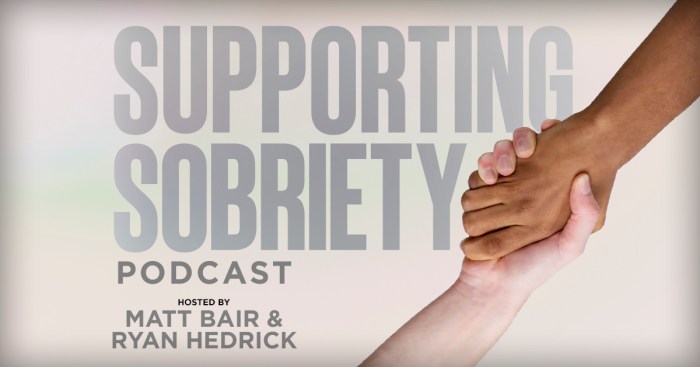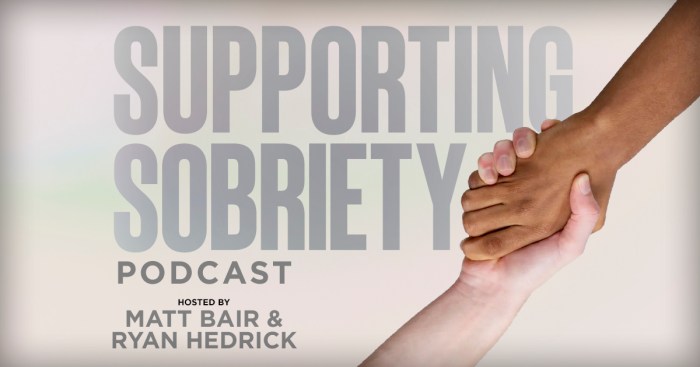So, you’re thinking about getting sober, or maybe you’re already on that journey. Either way, you know what they say: “It takes a village,” and in the world of sobriety, that village is built on conversations. We’re talking about those real, raw, and sometimes tough conversations that help us stay strong, connected, and on track.
Think of it like a support group for your soul, but way more fun (and less awkward).
In this article, we’ll dive into the power of conversation in sobriety, explore topics that matter, and discover how to create a supportive space where vulnerability is celebrated. We’ll even take a peek at a book that’s all about this awesome journey.
The Importance of Conversation in Sobriety
Sobriety is a journey, and like any journey, it’s easier to navigate with a companion. Communication is the bridge that connects us to support, understanding, and strength, making it a vital tool in the fight against addiction.
Open and Honest Conversations in Sobriety
Open and honest conversations are crucial in maintaining sobriety. They create a safe space for individuals to share their struggles, fears, and triumphs, fostering a sense of vulnerability and connection. This vulnerability allows individuals to process their emotions, gain perspective, and receive support from others who understand the complexities of addiction.
The Power of Supportive Conversations
Supportive conversations play a significant role in recovery. They offer encouragement, accountability, and a sense of belonging. A supportive conversation can help individuals stay motivated, navigate cravings, and build resilience in the face of challenges. These conversations can also help individuals develop coping mechanisms and strategies for managing triggers and staying on track with their recovery goals.
“Talking about our struggles with others can help us feel less alone and more empowered to make positive changes in our lives.”
Anonymous
Connecting with Others in Recovery
Connecting with others who understand the struggles of addiction can be immensely beneficial. Sharing experiences, offering support, and learning from each other creates a powerful sense of community. This shared understanding can provide a sense of hope, validation, and a roadmap for navigating the challenges of recovery.
“Recovery is not a solo journey. It’s about finding your tribe, your people who understand what you’re going through and are willing to walk alongside you.”
Anonymous
Topics for Conversation in Sobriety

So, you’ve taken the plunge and decided to get sober. You’re ready to make a change, but where do you even begin? It can be daunting, especially when you’re surrounded by people who don’t understand what you’re going through. This is where conversation comes in.
Talking about your journey with others who get it can be incredibly helpful. It allows you to share your experiences, learn from others, and build a supportive community.
Personal Experiences and Challenges
Talking about your personal experiences and challenges can be a powerful way to connect with others in recovery. These conversations can help you feel less alone and gain valuable insights from others who have been in your shoes.
- What was your journey to sobriety like?
- What were some of the biggest challenges you faced?
- How did you overcome those challenges?
- What were your triggers and how did you manage them?
- What were some of the hardest things about being sober?
- What are some of the things you miss most about using?
- How have your relationships changed since you got sober?
- How has your life improved since you got sober?
Strategies for Managing Cravings and Triggers
Managing cravings and triggers is a crucial part of staying sober. Sharing strategies with others can help you learn new techniques and gain support during difficult times.
- What are some of your go-to strategies for managing cravings?
- What are some of the triggers that you struggle with?
- How do you avoid or manage those triggers?
- What are some healthy coping mechanisms you use to deal with cravings?
- What are some ways to distract yourself from cravings?
- What are some things you can do to change your environment to avoid triggers?
- How do you use your support system to manage cravings and triggers?
Coping Mechanisms for Stress and Difficult Emotions
Stress and difficult emotions can be major triggers for relapse. Discussing coping mechanisms with others can help you find new ways to manage these challenges.
- What are some of the ways you deal with stress and difficult emotions?
- What are some healthy coping mechanisms you use?
- What are some things you can do to manage your anxiety?
- What are some ways to deal with anger or sadness?
- How do you practice self-care?
- What are some relaxation techniques that work for you?
- How do you use your support system to cope with difficult emotions?
Building Healthy Relationships and Support Systems
Having a strong support system is essential for staying sober. Discussing ways to build healthy relationships and support systems can help you create a network of people who understand and support your journey.
A Conversation for Sobriety isn’t just about quitting booze, it’s about finding your voice and letting it soar. It’s about the transformative power of music, like the story told in The Cello Still Sings A Generational Story of the Holocaust and of the Transformative Power of Music (Holocaust Heritage) , where a cello becomes a symbol of resilience and hope.
So, if you’re looking to find your own melody, maybe a Conversation for Sobriety is the first step to hitting those high notes.
- How do you build and maintain healthy relationships?
- What are some of the qualities you look for in a friend or support person?
- How do you set boundaries with people who are not supportive of your sobriety?
- How do you find and connect with other people in recovery?
- What are some ways to be a supportive friend to someone in recovery?
Creating a Supportive Conversation Environment
A supportive conversation environment is crucial for recovery. It’s a space where individuals feel safe, heard, and understood, allowing them to share their experiences, challenges, and triumphs without judgment.
Active Listening and Empathy
Active listening is a skill that involves paying full attention to the speaker, demonstrating genuine interest, and understanding their perspective. It’s about being present in the conversation, not just waiting for your turn to speak. Empathy is the ability to understand and share the feelings of another person.
It’s about stepping into their shoes and seeing the world from their point of view.
- Maintain eye contact: This shows that you are engaged and paying attention.
- Use verbal cues: Nodding, saying “uh-huh” or “I see” can show that you’re listening and understanding.
- Ask clarifying questions: This demonstrates that you are trying to grasp the speaker’s meaning.
- Reflect back what you hear: Paraphrasing what the speaker said shows that you’re paying attention and trying to understand their perspective.
- Avoid interrupting: Let the speaker finish their thoughts before you respond.
- Don’t offer unsolicited advice: Unless the speaker asks for it, focus on listening and offering support.
Encouraging Vulnerability and Honesty
Vulnerability is about being open and honest about your thoughts, feelings, and experiences. It’s about being willing to share your weaknesses and struggles, knowing that you are not alone. Honesty is about being truthful and authentic in your interactions.
It’s about speaking your truth, even when it’s difficult.
- Create a safe space: Ensure that everyone feels comfortable sharing their experiences without fear of judgment.
- Set the tone: Start by sharing something personal about yourself to encourage others to do the same.
- Be patient: It may take time for people to feel comfortable opening up.
- Validate their feelings: Acknowledge and respect their emotions, even if you don’t understand them.
- Avoid interrupting or dismissing their experiences: Listen attentively and show that you value their perspective.
Setting Boundaries and Respecting Personal Limits
Boundaries are limits that we set to protect ourselves from being taken advantage of or hurt. They are about respecting our own needs and preferences, and communicating them clearly to others. Personal limits are boundaries that we set around our personal space, time, and energy.
So, you’re thinking about getting sober, huh? That’s awesome, dude! Listen, “A Conversation for Sobriety” is a podcast that’s all about real talk and getting real with yourself. It’s like having a chill chat with your best friend, but instead of talking about your crush, you’re tackling addiction and finding your way to a healthier life.
If you’re ready to dive in, Download And Listen Here. “A Conversation for Sobriety” is your guide to kicking those bad habits and starting fresh.
- Communicate your boundaries clearly: Be direct and assertive about what you are and are not comfortable with.
- Enforce your boundaries: Don’t be afraid to say “no” or to leave a situation if your boundaries are being crossed.
- Respect the boundaries of others: Recognize that everyone has different needs and limits.
- Be willing to compromise: Sometimes, it’s necessary to find a middle ground that works for everyone.
Visual Representation of a Supportive Conversation Environment
Imagine a cozy room with soft lighting, comfortable seating, and warm colors. The walls are adorned with artwork that promotes peace and serenity. The air is filled with the scent of calming essential oils. In the center of the room is a large, round table where people can gather and share their experiences without fear of judgment.
There is a sense of warmth, acceptance, and understanding in the air.
A Conversation for Sobriety is all about facing your demons, right? Like, it’s not just about the booze or the drugs, it’s about the stuff that got you there in the first place. And sometimes, that’s trauma. It’s like that article on Trauma is a Catalyst says – trauma can be a real game-changer, pushing you to make choices you wouldn’t normally make.
So, if you’re in A Conversation for Sobriety, maybe take a look at your past, you know, dig deep, and see if maybe some of that trauma is playing a role.
Book Review: “A Conversation for Sobriety”

“A Conversation for Sobriety” by [Author Name] is a powerful and insightful guide that delves into the transformative power of conversation in the journey of recovery from addiction. It challenges the traditional, often isolated approach to sobriety and advocates for a more connected and communicative path.
Central Themes and Arguments
The book’s central argument revolves around the idea that open and honest conversations are essential for maintaining sobriety. It emphasizes the importance of building a supportive community of peers, mentors, and loved ones who can provide a safe space for sharing experiences, challenges, and triumphs.
The author argues that by engaging in meaningful dialogue, individuals can gain valuable insights, develop coping mechanisms, and foster a sense of belonging that strengthens their resolve to stay sober.
The Author’s Writing Style and Approach
[Author Name]’s writing style is engaging and accessible, making the book relatable to a wide audience. The author combines personal anecdotes with research findings, creating a compelling narrative that resonates with both those who are struggling with addiction and those who are seeking to support loved ones.
So, you’re thinking about getting sober, huh? That’s awesome! It’s a big step, but it’s a step in the right direction. Sometimes, it helps to have a creative outlet, like drawing. If you’re feeling inspired, check out this guide on How To Draw Anime for Kids Shy and Cute Yuuko ( Includes Anime Chibi and Manga ) Basics and Beyond! (How To Draw Anime – Manga) – it might just be the thing you need to chill out and let your creativity flow.
Whatever you choose, remember to stay strong, stay focused, and keep moving forward. You got this!
The book is structured in a conversational tone, making it feel like a dialogue between the author and the reader.
Strengths of the Book
- Practical Strategies:The book offers practical strategies for initiating and sustaining meaningful conversations in the context of sobriety. It provides guidance on identifying suitable topics, creating a supportive environment, and overcoming communication barriers.
- Emphasis on Connection:The book emphasizes the importance of building strong connections with others in recovery, recognizing that social support is crucial for long-term success. It encourages readers to seek out peer support groups, connect with mentors, and cultivate meaningful relationships with loved ones.
- Personal Stories:The book features personal stories from individuals who have successfully used conversation to navigate their journeys in sobriety. These stories provide hope and inspiration, demonstrating the transformative power of connection and communication.
Weaknesses of the Book
- Limited Scope:While the book emphasizes the importance of conversation, it may not provide a comprehensive guide to all aspects of addiction recovery. It primarily focuses on the role of communication, and readers may require additional resources to address other challenges associated with sobriety.
- Lack of Specific Tools:While the book offers general guidance on communication, it may lack specific tools or techniques for addressing complex communication challenges, such as conflict resolution or dealing with difficult emotions.
Impact on the Reader’s Understanding of Sobriety
“A Conversation for Sobriety” has the potential to significantly impact the reader’s understanding of sobriety. By shifting the focus from isolation to connection, the book encourages a more holistic approach to recovery. It highlights the importance of building a supportive network, engaging in open dialogue, and finding strength in shared experiences.
Last Recap

Ultimately, sobriety is about more than just not drinking or using. It’s about finding a new way of life, a life filled with connection, purpose, and maybe even a few laughs along the way. So, let’s raise a glass (of sparkling water, of course) to the power of conversation, to the amazing community of sober folks out there, and to the incredible journey of finding ourselves in sobriety.
Helpful Answers
What if I don’t have anyone to talk to about sobriety?
Don’t worry, you’re not alone! There are tons of online and in-person support groups, like AA, NA, and SMART Recovery. You can also find online communities and forums where people share their experiences and offer support.
Is it okay to talk about my struggles with sobriety with friends and family?
Absolutely! But remember, it’s important to choose people you trust and who are supportive of your sobriety. You might want to start by talking to one person you feel comfortable with, and then gradually open up to others.
What if I don’t feel comfortable sharing my story?
That’s totally fine! You don’t have to share everything to benefit from conversation. Just listening to others’ experiences can be incredibly helpful. You can also focus on sharing your goals, challenges, and hopes for the future.

